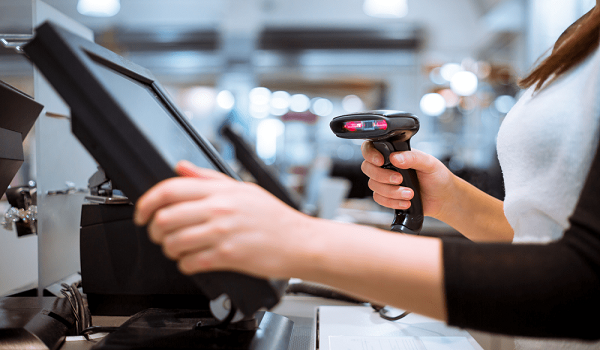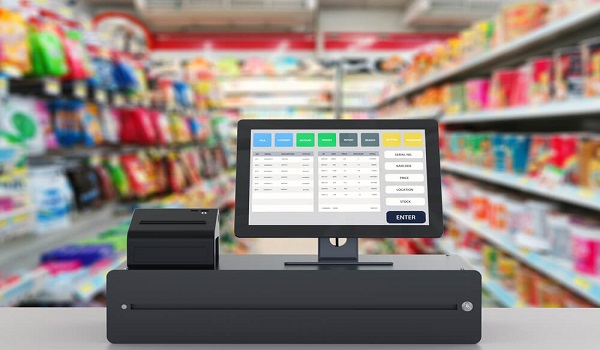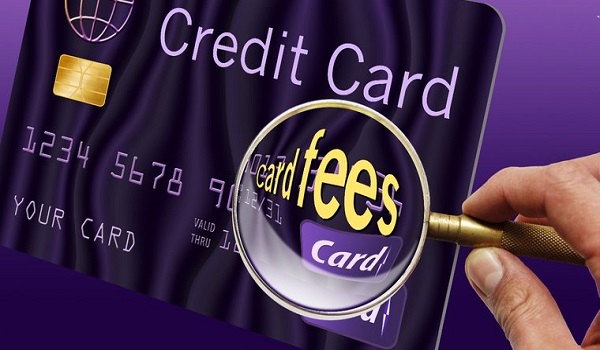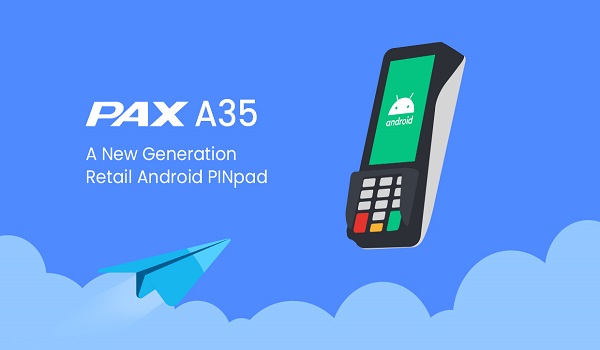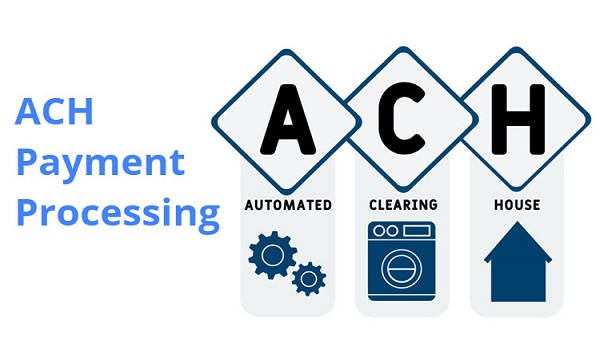
CloudRetailer Software for Liquor Stores in Pleasanton
In today's highly competitive retail landscape, liquor store owners are constantly seeking ways to improve efficiency, boost sales, and provide exceptional customer service. CloudRetailer Software for Liquor Stores in Pleasanton emerges as a game-changing solution tailored to meet the unique needs of this industry. This article delves into the key features and benefits of CloudRetailer, focusing on three important subtopics: Inventory Management, Point of Sale (POS) Functionality, and Regulatory Compliance.
Inventory management
- Real-time Inventory Tracking: CloudRetailer offers real-time inventory tracking capabilities, allowing liquor store owners to monitor stock levels with precision. This means no more guesswork or manual stock counts. The software updates inventory levels automatically with each sale, ensuring accurate records and preventing overstocking or understocking of popular liquor brands.
- Vendor and Supplier Integration: Effective inventory management relies on efficient communication with suppliers. CloudRetailer streamlines this process by integrating with vendors and suppliers. It can automatically generate purchase orders based on preset criteria, making the replenishment process more efficient. This integration also allows for better negotiation of terms and pricing.
- Inventory Analytics and Reporting: CloudRetailer provides robust analytics and reporting tools. Liquor store owners can gain insights into sales trends, product performance, and inventory turnover rates. With these data-driven insights, they can make informed decisions about which products to stock, promotions to run, and pricing strategies to implement.
Point of Sale (POS) Functionality
Point of Sale (POS) functionality in CloudRetailer Software for Liquor Stores in Pleasanton refers to the set of features and capabilities within the software that are specifically designed to facilitate and enhance the sales and checkout process in liquor stores. This aspect of the software plays a critical role in improving the customer experience, increasing operational efficiency, and ensuring that transactions comply with regulatory requirements. Here's a detailed explanation of POS functionality in CloudRetailer Software for Liquor Stores:
- Efficient Checkout Process: CloudRetailers POS functionality is engineered to streamline the checkout process in liquor stores. It provides an intuitive user interface that enables cashiers to efficiently scan products, process payments, and generate receipts. This efficiency reduces checkout times, minimizes customer wait times, and enhances overall satisfaction.
- Barcode Scanning: Barcode scanning is a fundamental feature of the POS system in CloudRetailer. Liquor stores can easily scan product barcodes to add items to the transaction, ensuring accuracy in product selection and pricing. This feature also reduces the potential for errors in manual data entry.
- Multiple Payment Options: CloudRetailer Software for Liquor Stores supports a variety of payment options, including credit cards, debit cards, cash, mobile payments, and electronic wallets. This versatility allows customers to choose their preferred payment method, improving convenience and flexibility during transactions.
- Age Verification: Age verification is a critical aspect of selling alcoholic beverages. Cloud Retailers POS functionality includes age verification prompts, ensuring that cashiers verify the customer's age before completing a liquor sale. This helps liquor stores remain compliant with legal requirements and prevents underage sales.
- Promotions and Pricing Management: The software enables liquor stores to manage promotions, discounts, and pricing strategies seamlessly. Store owners can set up special offers, discounts on specific products or categories, and implement loyalty programs to incentivize repeat business. CloudRetailer's pricing management features help stores stay competitive in the market.
- Receipt Printing: Cloud Retailers POS functionality includes integrated receipt printing. This ensures that customers receive printed receipts for their purchases, providing a record of the transaction and essential information such as product details, pricing, and store contact information.
- Returns and Refunds: The software allows for efficient processing of returns and refunds when necessary. This feature is vital for handling customer complaints, ensuring fairness in transactions, and maintaining customer satisfaction.
- Sales Analytics and Reporting: CloudRetailer captures transaction data, enabling liquor store owners to generate comprehensive sales reports and analyze sales trends. These insights help businesses make informed decisions about inventory management, marketing strategies, and product offerings.
- Customization and Scalability: CloudRetailers POS functionality is customizable to suit the unique needs of each liquor store. It can be configured to accommodate different store layouts, product categories, and pricing structures. Additionally, the software is scalable, making it suitable for both small, independent liquor stores and larger chains with multiple locations.
The POS functionality in CloudRetailer Software for Liquor Stores empowers businesses in this industry to provide a smooth and compliant checkout experience for customers. It offers efficiency, accuracy, and the essential tools needed to manage sales, pricing, and promotions effectively, all while ensuring adherence to legal requirements, particularly age verification and regulatory compliance for the sale of alcoholic beverages.
Regulatory Compliance
Regulatory compliance refers to the process by which individuals, organizations, or businesses adhere to laws, regulations, standards, and guidelines relevant to their industry or operations. These rules and requirements are set by government authorities, industry bodies, or other regulatory agencies to ensure that businesses and individuals conduct their activities in a legal, ethical, safe, and responsible manner. Regulatory compliance is crucial for maintaining public trust, promoting fair competition, protecting consumers, and addressing various societal and environmental concerns.
Here are some key aspects and components of regulatory compliance:
- Laws and Regulations: Regulatory compliance involves adhering to a wide range of laws and regulations at the local, state, national, and international levels. These can cover areas such as environmental protection, labor practices, taxation, data privacy, and industry-specific regulations (e.g., financial services, healthcare, food safety, and aviation).
- Standards and Guidelines: In addition to legal requirements, compliance may also involve adhering to industry-specific standards, best practices, and guidelines. These are often developed by professional organizations and industry bodies to establish common expectations and benchmarks for quality and safety.
- Monitoring and Reporting: Compliance typically requires businesses and individuals to establish systems for monitoring their activities and maintaining records. These records may be subject to inspection or audit by regulatory authorities. Reporting requirements often include submitting periodic reports, filings, or certifications to demonstrate compliance.
- Records and Documentation: Keeping thorough records and documentation is a fundamental aspect of regulatory compliance. This includes maintaining records of financial transactions, safety procedures, employee training, product testing, and other relevant activities.
- Risk Management: Regulatory compliance often involves assessing and mitigating risks associated with non-compliance. Businesses may develop risk management strategies to minimize the likelihood of violations and their associated penalties or reputational damage.
- Training and Education: Compliance often requires businesses to provide training and education to employees to ensure they are aware of and understand relevant regulations. This is crucial for preventing unintentional violations due to ignorance.
- Penalties and Enforcement: Failure to comply with regulations can result in penalties, fines, legal actions, or even imprisonment, depending on the severity of the violation and the regulatory authority involved. Enforcement mechanisms vary by jurisdiction and regulatory body.
- Continuous Monitoring and Adaptation: Regulatory requirements can change over time due to evolving societal, environmental, or economic factors. Businesses and individuals must stay informed about changes in regulations and adapt their practices accordingly.
- Ethical Considerations: Regulatory compliance goes beyond mere legal obligations. It may also encompass ethical considerations, such as fair treatment of employees, responsible environmental practices, and ethical business conduct.
- Public Relations and Reputation: Demonstrating commitment to regulatory compliance can enhance an organization's reputation and build trust with customers, investors, and the public.
Regulatory compliance is a multifaceted process that involves adhering to a complex web of laws, regulations, and standards. It is essential for ensuring legal and ethical business conduct, protecting public interests, and avoiding legal and financial repercussions for non-compliance. Organizations and individuals must make a concerted effort to understand, implement, and maintain compliance measures relevant to their operations and industry.
Conclusion
CloudRetailer Software for Liquor Stores in Pleasanton provides a comprehensive solution to streamline operations, enhance the customer experience, and maintain regulatory compliance. With its powerful inventory management, efficient POS functionality, and focus on adhering to liquor retail regulations, CloudRetailer empowers liquor store owners in Pleasanton and beyond to thrive in a competitive market while staying compliant with industry-specific requirements.
